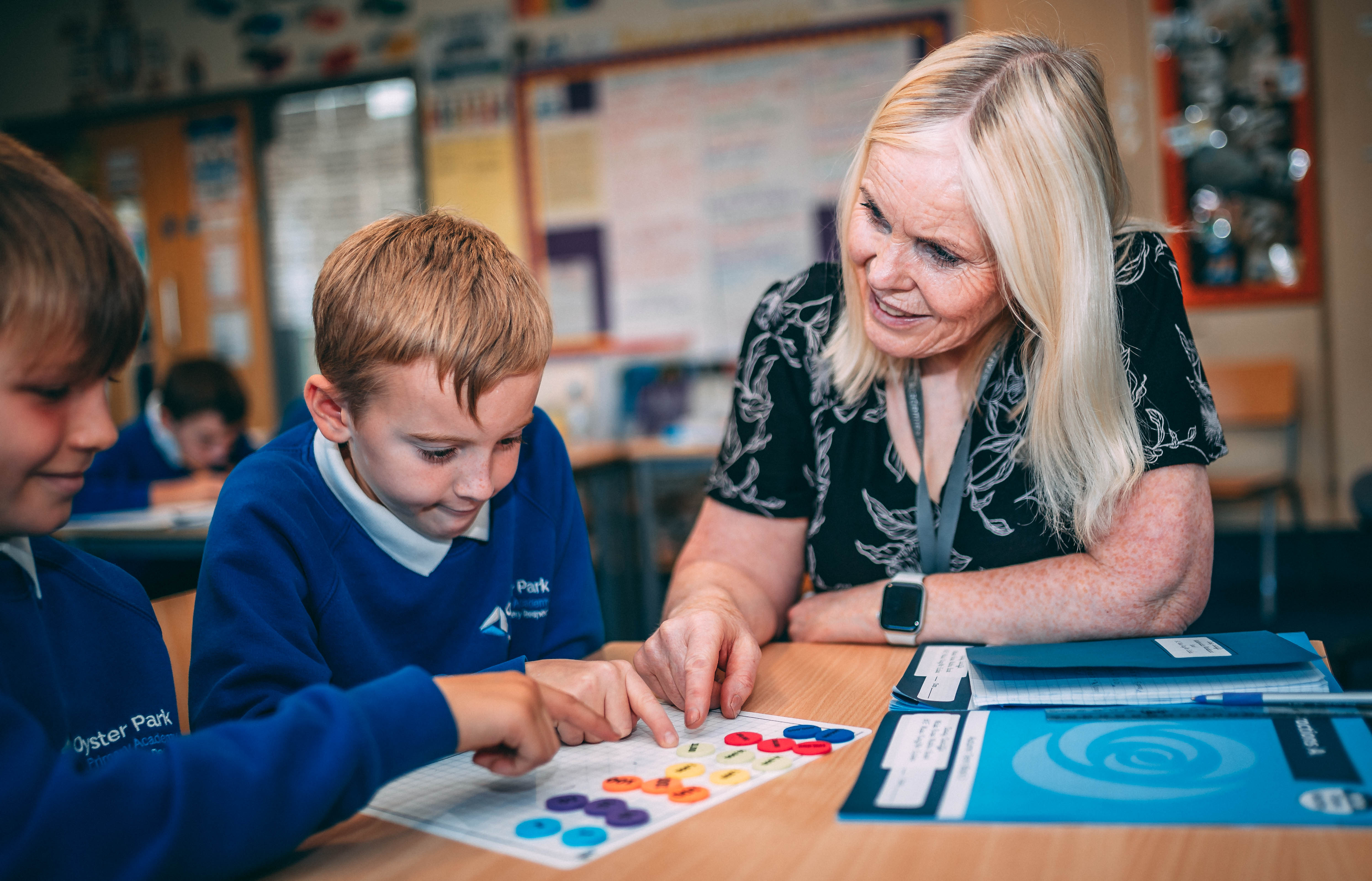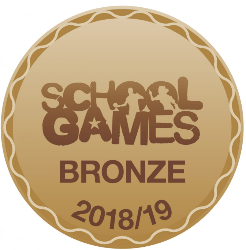Mathematics
Our Mathematics Intent
At Oyster Park Primary Academy, we strive towards shaping assured, happy and resilient mathematicians who relish the challenge of maths. The children shall become independent, reflective thinkers, whose skills not only liberate them in maths but also support them across the curriculum. Mathematics is important in everyday life. It is integral to all aspects of life and, with this in mind, we endeavour to ensure that our pupils develop a positive and enthusiastic attitude towards Mathematics that will stay with them. The Mathematics curriculum equips pupils with a powerful set of tools to help them understand and change the world. These tools include making connections, logical reasoning, and the ability to think in abstract ways.
Reading
In Mathematics, we cultivate a reading culture by exposing children to a variety of text types, (such as instructions, explanations, tables, diagrams, charts and expressions) through carefully planned activities, including reasoning and problem solving. Children will develop skills which make a good reader e.g., see images, hear a reading voice, predict what will happen next, speculate, ask questions, pass comments, rationalise what is happening, reread, reinterpret, interpret patterns, relate to own experience, relate to previous reading experience. In EYFS this will include recognising patterns; in Key Stage 1 it will include reading pictorial representations, charts and tables and in Key Stage 2, this will include recognising relationships, reading mathematical expressions and formulae.
Oracy
Oracy is the ability to articulate ideas, develop understanding and engage with others through spoken language. In Mathematics, is a powerful tool for learning. By teaching our pupils to become more effective speakers and listeners we aim to empower them to have a better understanding of themselves, each other and be able to describe, explain and justify their understanding of mathematical concepts, and practise using precise mathematical vocabulary. They shall be given opportunities to ‘think together’, discuss and explore ideas with each other, and share their mathematical reasoning and understanding.
Examples of open-ended questions may be:
EYFS:
Ask the children to count out 4 items and arrange them. Does your arrangement look like mine? How many ways can you arrange the four objects?
How many ways can you make 5?
What shapes have curved sides?
KS1:
How many ways can you make 10 by adding 2 numbers? What about 3 numbers?
In a part whole model (drawn for them), the whole is 20, what could the parts be? How many ways can you find?
How many ways can you make 20p, using coins?
What shapes have more than 4 faces?
LKS2:
The perimeter of a rectangle is 20 cm. What could the dimensions be? How many can you find?
I have a 6 in my tens place. My number is greater than 200 but less than 500. What could my number be? Can you find all the possible values?
I went to the shop and bought fruit costing £2.10. I gave the shopkeeper a £5 note. What coins may I have received in change? How many ways can you find?
UKS2:
The volume of a cuboid is 48cm3. What could the dimensions be?
How many ways can you write a fraction which is equal to ¾?
My number is an even number; it has 5 digits; There is a 2 in the tens place and a 7 in the hundreds place. It is
greater than 25000 but less than 40000. All my digits add up to 10, what could my number be? How many examples can you find?
I multiply a prime number and a square number and get an even number less than 30. What could my numbers be?
SEND
At Oyster Park Primary Academy, we are aware that a child’s Mathematic ability and enquiring mind is not directly related to their reading or writing ability. All children are given the opportunity to work mathematically with support appropriate to their SEN learning barriers. Children are encouraged and supported to ask their own questions as well as complete teacher led enquiries. A concrete, pictorial and abstract approach shall be used to make the mathematics accessible. Pre-teaching of key ideas in short bursts shall help increase confidence and topics are revisited regularly.
WRM Reception Overview WRM Year 1 Overview WRM Year 2 Overview WRM Year 3 Overview WRM Year 4 Overview WRM Year 5 Overview WRM Year 6 Overview







